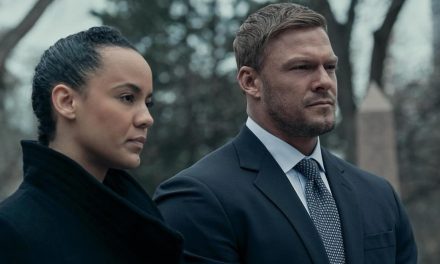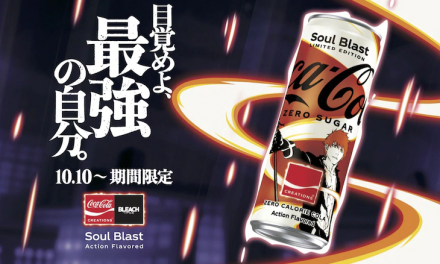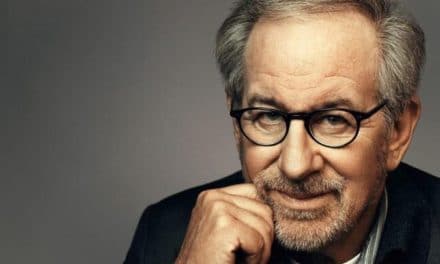Jim Jarmusch is not a writer/director known for creating action-packed films, but he reaches a new level of idiosyncrasy with Father Mother Sister Brother. The anthology follows three families on different journeys and stages of their lives. The three stories feel too separate and cold to strike any note.
The three chapters in Father Mother Sister Brother are the first acts of different films. They introduce characters and their dynamic but cut off before any of the plot can kick in. As soon as you sink into one story, a whole new family situation is introduced. It’s a film of all tease and no release or pay-off.
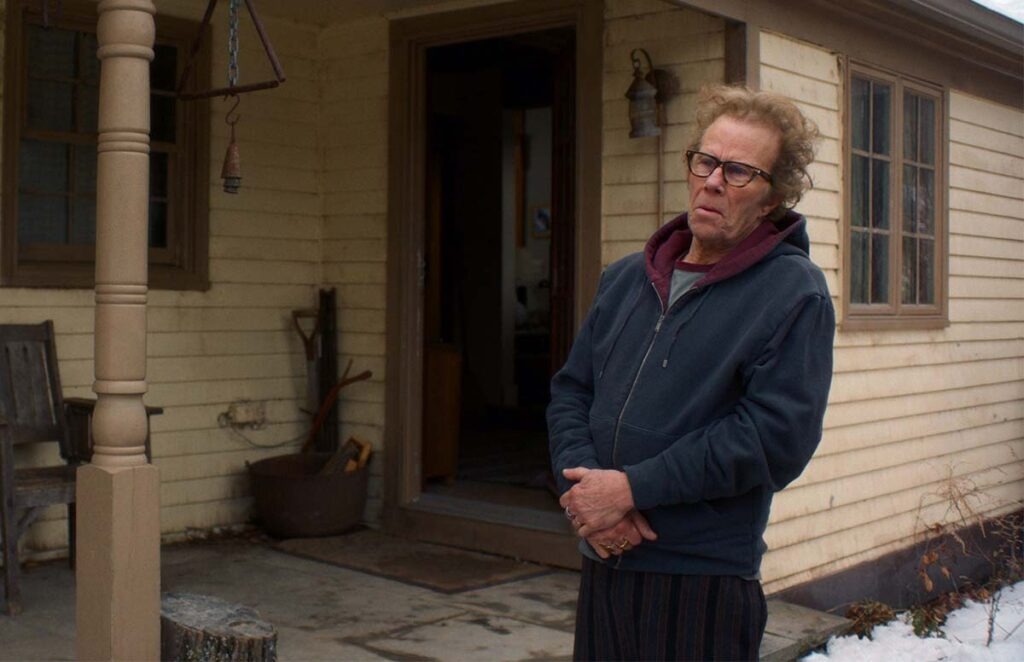
The Three Stories Presented In Father Mother Sister Brother
Father Mother Sister Brother sees Jarmusch return to the anthology framework of 2003’s Coffee and Cigarettes, only to much lesser success. The only thread connecting these three are the idea of the obligation of coming home, although all three families have different circumstances.
The first chapter, entitled “Father” sees siblings Jeff (Adam Driver) and Emily (Mayim Bialik) returning home to their father (Tom Waits). The siblings have made successful lives for themselves and are on their way to offer financial aid to him.
Their past is breadcrumbed through the conversation in a naturalistic way. Their father had an addiction in his past that caused him to be absent, which may explain his daughter’s coldness towards him and his son’s babying. Also their mother has passed, although it’s not explained how. The siblings arrive with their dad’s favorite food and financial help. The scene between them plays out awkwardly, neither party wants to be there, and no one can hide their disdain. This first chapter frustratingly kicks into gear in its closing moments, the story coming to life minutes before its cuts.
Second Chapter
The second chapter also centres on siblings returning home, only this time to Dublin, where Mother (Charlotte Rampling) has her annual afternoon tea with her daughters. Uptight and nervous Timothea (Cate Blanchett) and wild child Lilith (Vicky Krieps) arrive to their mother’s beautiful home. Their is a sense of love and duty, but not enjoyment.
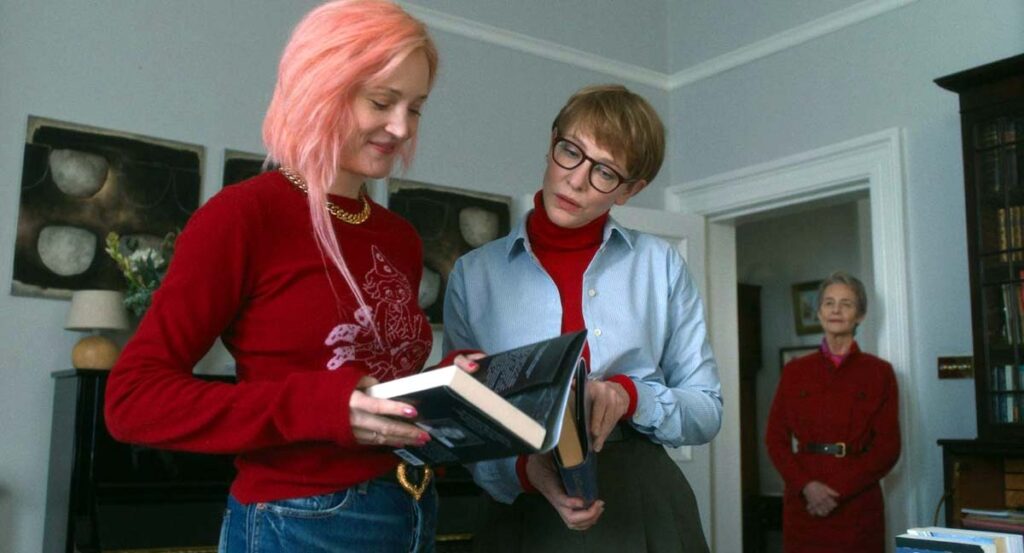
This scene is a slice of an afternoon with a family that shares nothing in common. One is an academic, and the other is a wild child trying to avoid the 9-to-5, all while their rich writer mother judges their choices. The women keep sipping their tea to avoid having to speak. Jarmusch understands more is said in silence than with words, he just doesn’t understand that the audience doesn’t want to watch this played out in different ways over 100 minutes.
Third Chapter
The third and final chapter acts as both brother and sister, as twin siblings Skye (Indya Moore) and Billy (Luka Sabbat) visit their childhood home in Paris after their parents’ death. This section feels more like the Jarmusch fans know and love, but it also doesn’t fit in with the previous two. This family knows how to communicate and be open with each other.
The siblings sit in the empty flat. One Billy has already cleaned out of their parents’ stuff, and reminisce over their unusual childhood. The awkward rhythm of the first two chapters is slowed down here. The twins try to uncover who their father and mother actually were (they find multiple identities in their belongings after they pass).
What Connects The Chapters Of Father Mother Sister Brother
While all three chapters in Father Mother Sister Brother follow siblings, they feel distant from each other thematically. Any symmetry between the trio is forced, much like the relationships on show.
The three chapters repeat the same motifs, and it’s not subtle. First, there are the slow-motion skateboarders, which Jarmusch treats like they are something new and wowing. Then there are the families saying cheers and noting if their drink of choice is suitable. The third repetition is talk of a Rolex, which may or may not be fake, followed by mentions of “Bob’s your uncle.”
Either eliminate any connective tissue or have something much more natural as a connector. These repeating motifs make it feel like Jamusch had to add an overarching theme at the last minute. These motifs don’t add any emotional value to any story, and frankly, are annoying by the last chapter.
ALSO SEE: ‘PILLION’: A COMING OF AGE DRAMA HIDDEN IN A BDSM ROMANCE [REVIEW]
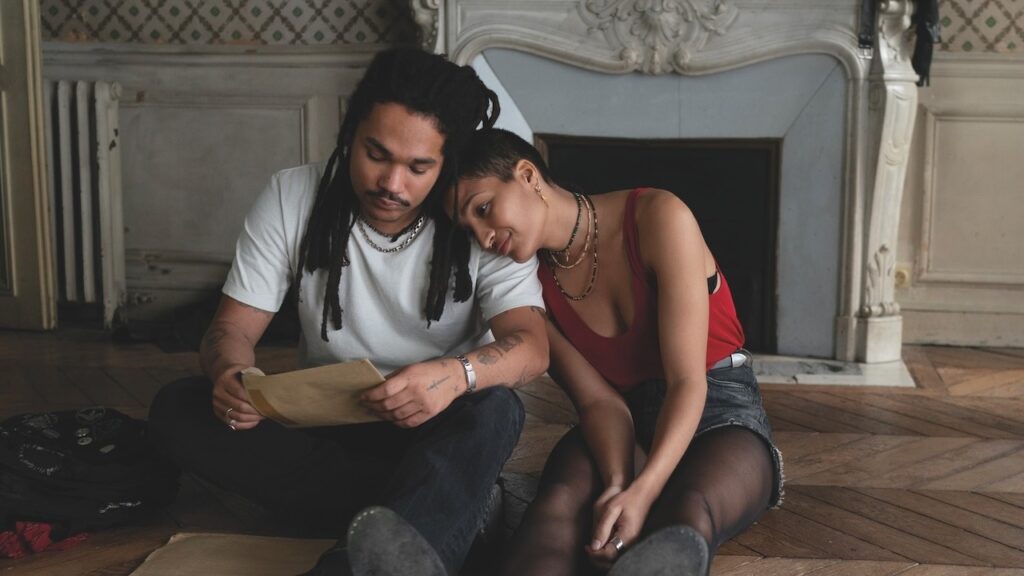
Where Father Mother Sister Brother Went Wrong
Jim Jarmusch’s writing takes the easy way out by refusing to execute any resolution. A film of first acts and no second or third acts is a frustrating tease. There are no resolutions, evolutions, or changes to the life’s of these people. Nothing in their lives advances between the scene’s start and end. There is not even a sense that lessons are learned in the company of their family.
Father Mother Sister Brother is a film about the things not said and the awkwardness between families. As realistic as this is, it’s not the most fun to watch on the big screen. This is a character study with characters you share nothing but a lunch with. They’re not particularly very interesting humans, just normal people with complicated feelings towards their parents and siblings.
There are plenty of larger themes at play, which get ignored due to the narrative’s first-act nature. Tales of coming to terms with your parents’ mortality. As well as the idea that none of us really know them outside of being a father or mother are universal, but not presented in an interesting way. Prepare to be dropped into a conversation and leave still not knowing anything about the people involved.
The cinematography, acting, and dry humor work, but it’s let down by writing that confuses subtlety and stiffness. The stillness of Father Mother Brother Sister means you’ll feel nothing for any of the characters or their relationships. The refusal to offer any type of resolution isn’t giving these characters a mysterious aura, it just makes it hard to care.

![‘Father Mother Sister Brother’: Jim Jarmusch Subtle Yet Stilted Exploration Of Family [Review]](http://18.211.146.234/wp-content/uploads/2025/10/project_20251025_1909355-01-1280x640.png)
